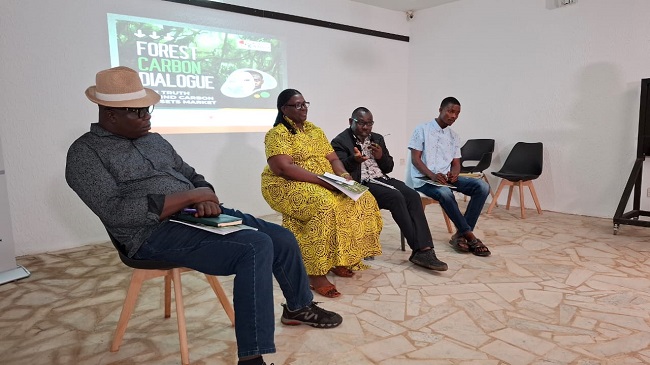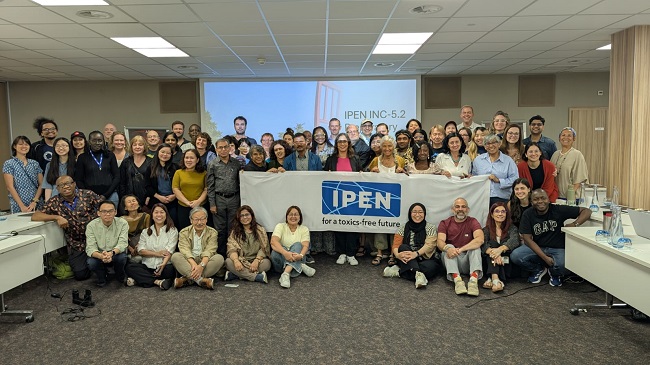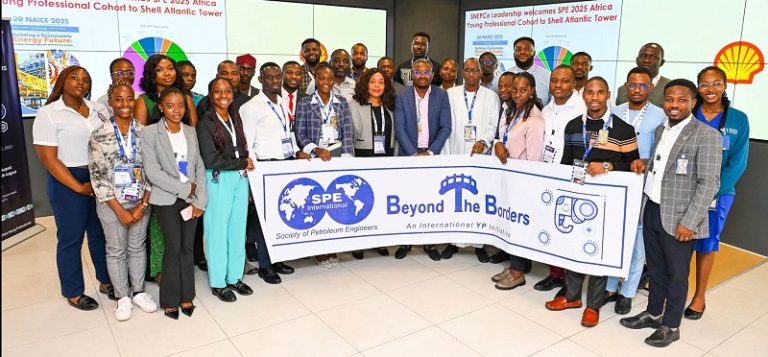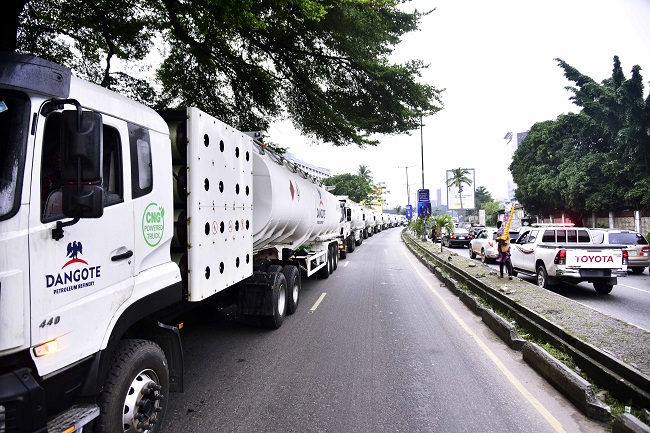Open defecation is a notable public health concern and threat to ecological balance, particularly in areas with inadequate sanitation infrastructure. In Oyo state, open defecation is still a significant public health issue with over half the population reportedly practicing it.
On June 5, 2025, in celebration of the World Environment Day (WED), communities around the globe came together to raise awareness about pressing environmental issues. From rallies to tree-planting initiatives, people are taking action to protect the planet.

In the ancient city of Ibadan, residents have also used the WED and every other opportunity to speak on open defecation as the most pressing environmental issue affecting their communities.
Thus, residents are calling for necessary intervention from the government and appropriate stakeholders.
Residents of Iyana barracks, Ojoo in Ibadan, have also used this medium to speak on open defecation as the most pressing environmental issue affecting them, calling for necessary intervention from the appropriate quarters.
In an interview with the deputy park chairman of Iyana barrack garage, Mr. Awoyera Moses, he called on government to curb open defecation, stressing that the case of some homeless children loitering around should also be looked into.
According to him, it will be a great initiative if the government can provide them with public toilets.
He said, “Sometimes when our passengers want to ease themselves, they have to start entering bush no matter how far. After closing hour, people easily come here to dump their faeces. We also need light here. It will be great if we can be provided with solar so we can easily catch these perpetrators. Under this bridge, there are some homeless children loitering around doing the unspeakable, we call on government’s intervention. We are tired of chasing them away.”
A commuter, Mr. Mukaila Ajamajama, emphasised the need to erect public toilets across the state.
He said, “Open defecation is a terrible thing. sometimes when we get here in the morning, all the houses up here on the rock have no toilets, and they would have littered our park with faeces before morning. We will be the ones to start cleaning up; meanwhile we can easily contact diseases from doing that.
“This very space we are right now, if not for our constant monitoring, no one would be able to pass here without coming in contact with faeces or covering his or her nose. But because of our sanitations, the smell has reduced. We therefore appeal to the government to make it mandatory for all the houses without toilets to build one and also provide public toilets for public use so that environmental law can take its cause on offenders.”
One of the park executives, Mr. Olusola Show-Labor, expressed displeasure on open defecation, narrating the ordeal they’ve gone through into curbing the menace.
According to him, open defecation has cause harm to many people. Sometimes, when passers- bye throw out their faeces, people can contact different diseases like cholera and other diseases.
“We do not really see people who defecate openly, but at night when there is no one looking, especially people who have no toilets at home, they start throwing their faeces everywhere and we see faeces littered everywhere in the morning,” he said.
He also appealed to the Oyo State Government to help erect public toilets in open spaces like theirs to prevent them from contacting diseases.
An environmental expert, Mr. Gbenga Oloniniran, gave an insight on the harm and impact of open defection to public health.
Speaking on the menace, he said open defecation threatens the environment. On one hand, offensive product from those kinds of acts actually inconvenient the public or other users of those places whether they are passing by.
Speaking further, he said there are road users who try to cross the road and when they come across the faeces or urines by some persons who have engaged in open defecation practice, they are offended, so in the process of releasing offensive odour to the environment, it is an environmental violation. From that angle, open defecation threatens the comfort of other persons in the environment.
“It is also not safe for people who engage in this practices, some persons go as far as entering the bush to defecate, that kind of act can also harm them in the sense that they are a lot of things in the bush like reptiles and scorpions, and as much as we don’t pray for bad thing, it is also important to take precautions so you don’t fall victim.”
Oloniniran added that, last year, the country recorded high cases of cholera which cannot be disconnected from unhygienic practices like open defecation. He has also called on each and every one to campaign against open defecation and sensitise people on the implications of open defecation.
He underlined the need for each and every one to campaign against open defecation. “One of the diseases that comes from open defecation is also cholera and you must have been aware that around last year there were high cases of cholera recorded in different parts of the country. You cannot disconnect it from actions that are not hygienic such as this menace.”
To help the Ibadan community, a Nigerian toilet business owner and an advocate for clean toilets, Akintola Abimbola Omowunmi, has taken it upon herself to build toilets. According to her, after attending a training organised by UNICEF and RUWASSA, she has decided to build toilets and in the past four years and she has built over 127 toilets.
According to her, access to public convenience is a basic necessity for public health, dignity and convenience as everyone deserves access to clean, safe and well-maintained public restrooms.
Open defecation is an environmental issue that still persists in Oyo State and Nigeria at large.
According to a report published by UNICEF Nigeria 2025, approximately 54% of Oyo State’s population still practices open defecation. This translates to roughly 4.5 million people.
In light of this, the Commissioner for Environment and Natural Resources, Seun Ashamu, issued a warning on August 8, 2025, during the arraignment of environmental offenders at the environmental tribunal court located within the ministry’s premises.
He emphasised that the environmental tribunal court is now fully operational and empowered to prosecute violators of the state’s environmental laws. The state government, in collaboration with UNICEF and other partners, said they are working to eliminate open defecation by 2028, with a focus on providing access to safe and dignified sanitation facilities for all residents.
By Omowumi Abraham











